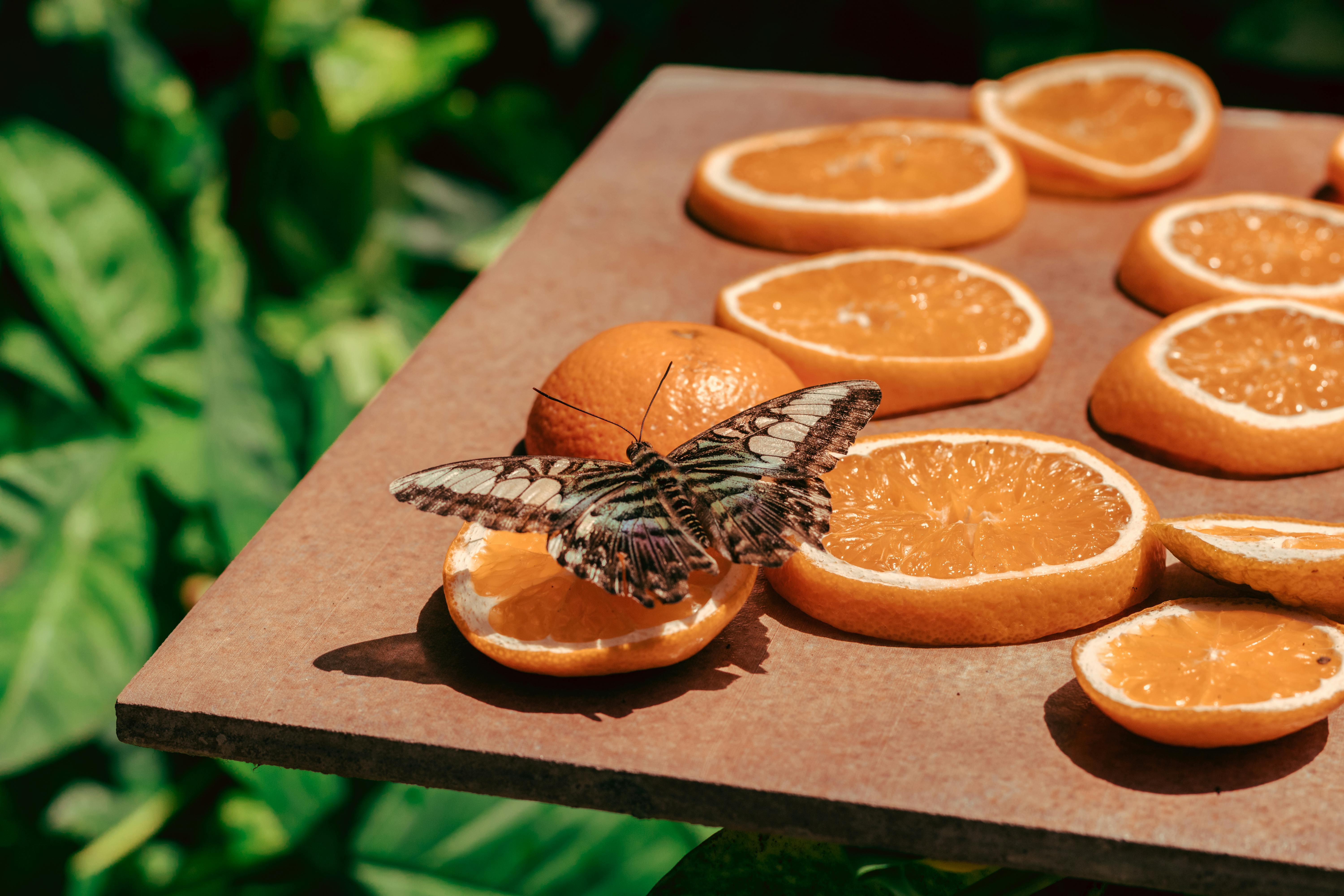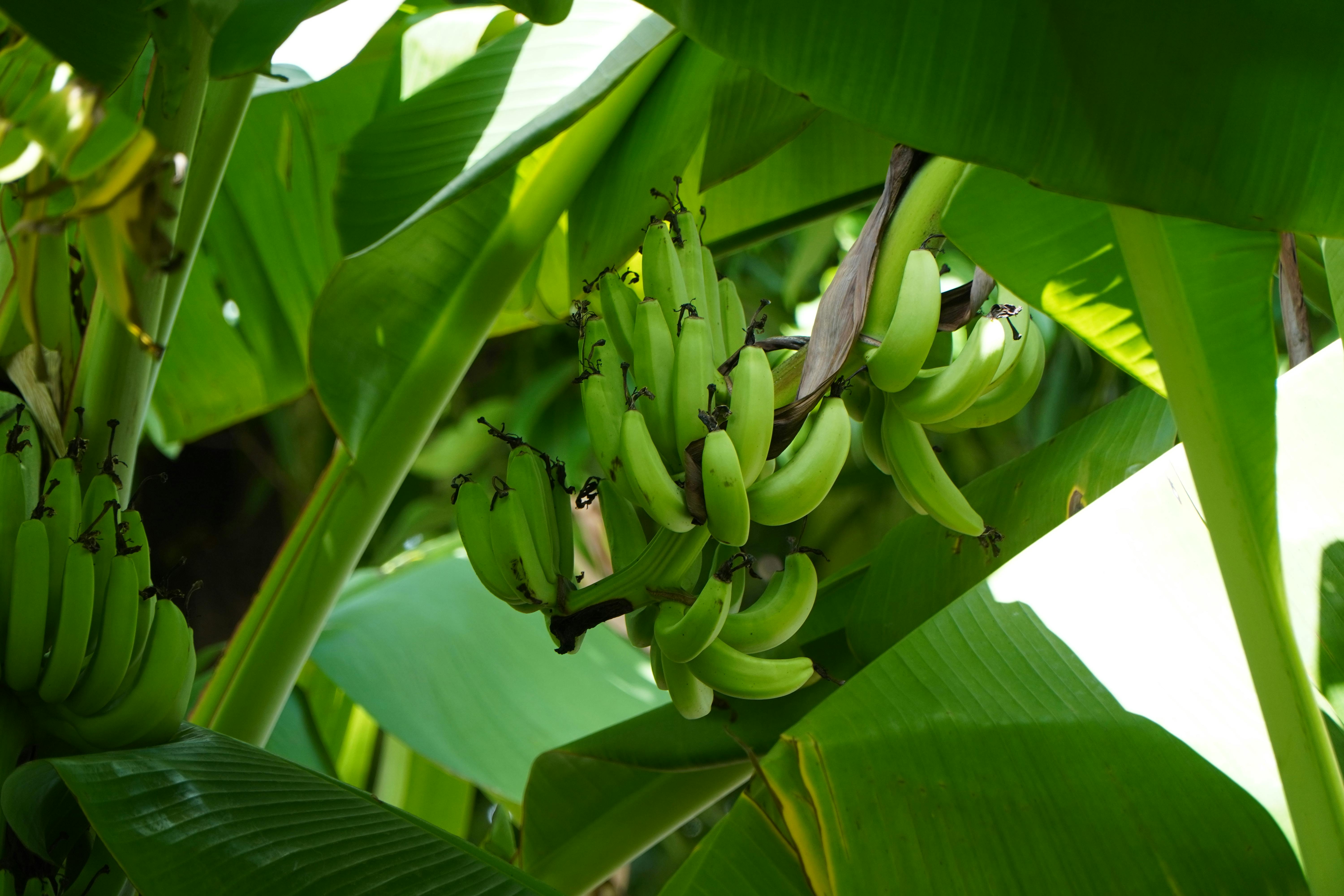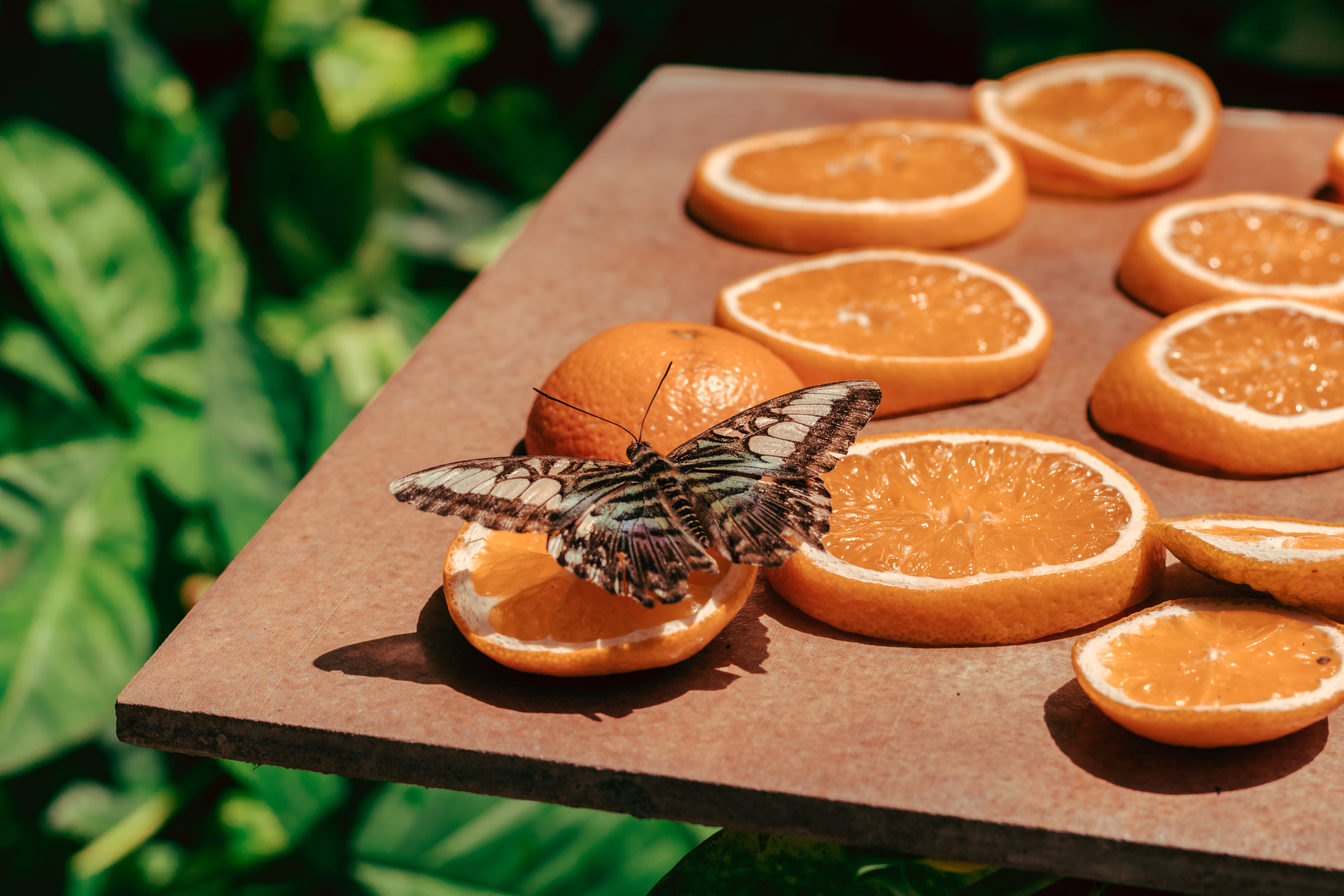Elderberries are a unique type of fruit with a sweet and tart flavor. They are native to Europe and have been used for centuries in traditional medicine, as a natural remedy for many ailments. Elderberries are rich in antioxidants, vitamins A and C, and other nutrients, making them a beneficial addition to any diet. They can be eaten raw, cooked into jams or jellies, or made into syrups and tinctures. Elderberry is also used to make wines and liqueurs. With its versatile flavor profile and many health benefits, elderberry is an excellent source of nutrition.Elderberry is a fruit that belongs to the Sambucus genus family. It is native to Europe and parts of North America, and it has a deep purple color when ripe. Elderberries are high in antioxidants, vitamins, and minerals, making them a popular ingredient in juices, jams, pies, wines, and more. They are also thought to have medicinal properties that can help boost immunity and fight inflammation.
The Benefits of Eating Elderberry
Elderberries have been used for centuries to help support health and wellness. They are packed with antioxidants, vitamins, minerals and other beneficial compounds that can help keep your body strong and healthy. Not only are elderberries delicious, but they have numerous benefits that make them worth adding to your diet. Here are a few of the top benefits of eating elderberry:
1. Immune System Support: Elderberries contain a variety of compounds that can help boost your immune system. The high levels of vitamin C, flavonoids and other antioxidants found in elderberries can help protect against free radical damage, while their anti-inflammatory properties can help reduce inflammation in the body. Eating elderberry can also stimulate the production of white blood cells, which helps your body fight off infections and illnesses more effectively.
2. Improved Digestion: Elderberry contains dietary fiber which helps promote regularity and maintain digestive health. It also contains pectin which has been shown to reduce constipation by promoting the growth of beneficial bacteria in the gut. Additionally, its anti-inflammatory properties may help reduce symptoms associated with irritable bowel syndrome (IBS) such as cramps or bloating.
3. Heart Health: Elderberry contains powerful antioxidants that can help protect against oxidative stress, which is known to increase the risk of heart disease and stroke. Its high levels of potassium may also be beneficial for heart health as it helps regulate blood pressure levels. Furthermore, its anti-inflammatory properties may reduce inflammation in the arteries which could reduce the risk of atherosclerosis.
4. Skin Health: The antioxidants found in elderberry can help protect against UV damage from the sun, reducing wrinkles and other signs of aging skin. Its anti-inflammatory properties may also be beneficial for treating skin conditions such as eczema or psoriasis. Additionally, its high levels of vitamin C may promote collagen production which is essential for maintaining youthful looking skin.
Overall, elderberries are an excellent addition to any diet as they are packed with a variety of vitamins, minerals and other beneficial compounds that can support overall health and wellness. From boosting your immune system to promoting skin health, there are many reasons why you should consider adding elderberries to your diet today!
Planting Elderberries
Elderberry is a hardy shrub that can be grown in a variety of climates. Planting elderberries is easy and can be done in the spring or fall. Elderberry plants should be planted in an area with full sun and well-draining soil. If planting in a container, use a potting mix that is light and airy. Plant the elderberry bush at the same depth that it was growing at before. Space multiple plants about 4 to 6 feet apart. After planting, water deeply and mulch around the base of the plant to keep the roots cool and moist.
Caring for Elderberries
Elderberries thrive when given adequate water, but they don’t like to be over-watered. Water only when necessary, usually once a week during dry periods, or once every two weeks during wet periods. Fertilize with an all-purpose fertilizer every spring to promote healthy growth. Pruning should also be done annually to shape the bush and remove dead or diseased branches.
Harvesting Elderberries
Elderberry plants typically bear fruit after 3-4 years of growth, but this can vary depending on climate and variety of plant. The berries will ripen from July through September in most parts of North America. When harvesting elderberries, pick the berries when they are dark purple and plump – avoid harvesting any green or unripe berries as they will not ripen off the bush. Once harvested, elderberries can be used fresh or frozen for later use.
Growing Elderberries
Growing elderberry bushes is a great way to add beauty to your landscape while also providing delicious fruits for your family to enjoy! It’s important to choose varieties that are adapted to your climate for optimal success, as some varieties are better suited for cooler climates while others thrive in warmer regions. With just a little bit of care and attention, your elderberry bush will provide you with plenty of fruit year after year!
What Does Elderberry Taste Like?
Elderberry has a unique flavor that is often described as tart, tangy and sweet. The berries themselves are small and dark purple in color with a slightly bitter taste. When cooked, they have an almost jam-like consistency. Some compare the flavor to that of red wine or sweet berry jelly. Elderberries also have a high level of antioxidants, making them popular for medicinal use as well as for culinary purposes.
The best way to enjoy elderberry is to cook it down into a syrup or jelly, which helps to mellow the tartness and create a more palatable flavor. When cooked down with sugar and water, elderberry takes on a deep purple hue and can be used in a variety of recipes from jams to pies and other desserts. It is also popular in juices, smoothies and teas.
Elderberries can also be eaten raw when they are ripe, usually from late summer through early fall. However, it is important to note that elderberries should never be eaten raw if they have not been ripened properly as this can cause digestive issues. Additionally, the leaves, stems and roots of the elderberry plant are poisonous when raw and should never be consumed under any circumstances.
Overall, elderberry has a unique taste that is both sweet and tart at the same time. It is often used in desserts as well as for medicinal purposes due to its high antioxidant content. When cooked down into syrups or jellies, it takes on a deep purple hue with an almost jam-like consistency that makes it perfect for adding sweetness to any dish!
Uses of Elderberry in Cooking
Elderberry is a delicious and versatile ingredient for cooking. The tart yet sweet flavor of the berries makes them perfect for use in jams, jellies, pies, tarts, sauces and syrups. They can also be used in savory dishes such as stews or soups. Elderberry is also an ingredient in many traditional recipes and can be used to make alcoholic beverages such as wine and cordials.
Elderberries are high in antioxidants and have a range of health benefits, making them a popular choice for those looking to add some extra nutrition to their diet. They have been shown to improve heart health, lower cholesterol levels and reduce inflammation. Elderberries are also high in Vitamin C which helps to boost the immune system and fight off colds and flu.
Elderberries are best used when they are freshly picked, however they can also be frozen or dried for later use. When selecting elderberries for cooking it is important to ensure that they are ripe as under-ripe berries can be bitter. If using fresh elderberries it is best to remove the stems before use as these can be quite woody and unpleasant to eat.
To make the most of the flavor of elderberries it is important to pair them with other ingredients that will complement their unique flavor profile. Sweet fruits such as apples or pears work well when paired with elderberry in pies or tarts, while savory dishes such as stews may benefit from adding vegetables such as onions or carrots. Herbs such as thyme or rosemary can also add extra depth to dishes made with elderberry.
Overall, elderberry is an excellent addition to any kitchen pantry due its wonderful flavor and numerous health benefits. With its versatility it can be used in both sweet and savory dishes – so why not give it a try today?

Elderberry for Health
Elderberry has been used to treat a variety of ailments for centuries. Its antioxidant properties can help boost the immune system and reduce inflammation, making it a potential remedy for colds, flu, allergies, and even acne. Studies have shown that elderberry extract may also help fight viral infections and reduce inflammation in the body. In this article, we’ll discuss how to use elderberry for health.
Elderberries can be consumed in a variety of ways. The most common way is as a syrup or tincture. You can also make tea with dried elderberries or add them to smoothies. It’s important to note that elderberries should not be eaten raw due to their potential toxicity when not processed properly. For this reason, it’s best to purchase elderberry products from reputable sources.
When using elderberry for health purposes, it’s important to follow the recommended dosage on the product label. Generally speaking, adults should take one tablespoon of syrup or tincture three times daily until symptoms subside. For children under 12 years old, the recommended dosage is half that amount.
It’s also important to note that elderberry is not recommended for pregnant women or those who are nursing due to its potential effects on hormones in the body. In addition, if you have an autoimmune disorder or are taking any medications, consult your doctor before taking any form of elderberry extract.
Although there is limited research on its effectiveness in treating certain ailments, many people believe that elderberry can be beneficial when used correctly and safely as part of an overall health regimen. If you decide to try using elderberry for health purposes, make sure you purchase products from reputable sources and follow the dosage instructions carefully.
Harvesting Elderberry Fruits
Elderberries are a delicious, nutritious, and easy-to-harvest fruit. They grow on tall shrubs or small trees and have a sweet, tart flavor. Harvesting elderberries is relatively simple; however, there are some precautions to take when harvesting the fruits. Here is a step-by-step guide on how to harvest elderberry fruits safely and effectively.
First, identify the type of elderberry you’re harvesting. There are two types of elderberry: Sambucus nigra (European black elderberry) and Sambucus canadensis (American black elderberry). The American variety is more common in the US, so it may be easier to find this type of elderberry in your area.
Once you’ve identified the type of elderberry you’re harvesting, it’s time to locate the mature clusters of berries. Look for dark purple or black berries that are clustered together on stems near the top of the shrub or tree. Avoid picking green berries as they won’t be ripe yet and won’t taste as good.
When you’ve located a cluster of ripe berries, carefully cut off the stem with a pair of scissors or pruners. Don’t pull on the stem as this can damage the plant or break off other clusters of berries that may not be quite ripe yet.
Finally, place your harvested elderberries into an airtight container such as a jar or plastic bag to preserve them for later use. You can enjoy elderberries fresh or use them in jams, jellies, pies and other recipes.
Storing and Preserving Elderberries
Elderberries are a popular fruit due to their many health benefits, and they can be enjoyed fresh or in various processed forms. It is important to properly store and preserve elderberries in order to maintain their quality and maximize their shelf life.
The best way to store fresh elderberries is to keep them in an airtight container at a temperature between 32 and 40 degrees Fahrenheit. The berries should also be kept away from direct sunlight, as this can cause them to spoil more quickly. If you plan on using the elderberries within a few days, you can just store them in the refrigerator.
If you want to preserve your elderberries for longer periods of time, freezing them is the best option. Before freezing the berries, make sure they are washed thoroughly and dried completely. Once they are dry, spread them out on a baking sheet lined with parchment paper and place it in the freezer until frozen solid. Once frozen, transfer the elderberries into airtight containers or bags for long-term storage. Frozen elderberries should stay fresh for up to 12 months if stored properly.
You can also dry your elderberries by spreading them out on trays or baking sheets lined with parchment paper or cheesecloth and placing them in a cool location away from direct sunlight. Make sure that the temperature stays below 85 degrees Fahrenheit during drying in order to preserve flavor and color. Depending on the humidity level, it should take 2-3 days for the berries to dry completely before transferring them into airtight containers or jars for storage purposes. Dried elderberries can last up to one year if stored properly in an airtight container at room temperature away from light and moisture sources

Conclusion
Elderberry, also known as Sambucus, is a fruit that can be found in many parts of the world. It has a long history of use in traditional medicine and is packed with vitamins and minerals. The fruit, leaves, and flowers are all edible and can be used to make beverages, jams, syrups, and more. Elderberry has antiviral properties which may help fight off colds and flu-like illnesses. It is also believed to have anti-inflammatory and anti-cancer properties.
Elderberry is a versatile fruit with many potential health benefits. It should be consumed in moderation due to its high sugar content. Consult your doctor before adding elderberry to your diet if you have existing health conditions or if you are taking any medications.
Overall, elderberry is an ancient superfood that can make a great addition to any diet. It’s packed with antioxidants, vitamins, minerals, and other healthful compounds that may help boost immunity and fight off illnesses like the common cold or flu-like symptoms. In addition to its medicinal uses, elderberry can be used in jams or syrups for a delicious sweet treat!



